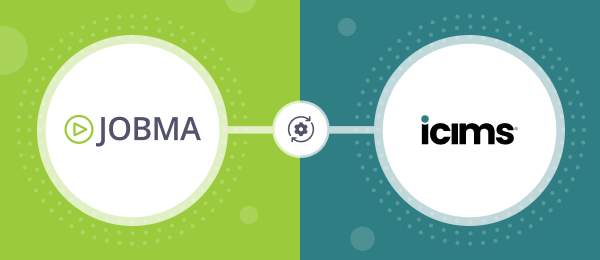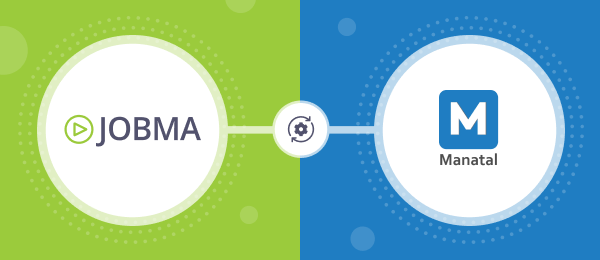Really Getting to Know the Candidate You Are Interviewing
As an employer, think about the strategy you use in your interviewing process. Do you have the same set of questions you ask in every interview? Or do you come up with individualized questions on the fly, basing them on the candidate’s unique resume? Regardless of your current approach, it’s important to take a step back from the monotony of interviewing and reflect on refining the strategy you’re using. By doing so, perhaps you’ll find that you can condense some portions of your interviewing process!

Although the amount and type of specific hard skills will vary for each position you are trying to fill, every position will have characteristics and personal qualities that define an ideal candidate. Before attempting to create your interview questions, it is important that you can recognize and iterate what characteristics your ideal candidate will have. Try listing them out if it helps you.
From there, you’ll need to write interview questions that will indirectly ask the interviewee if he/she has this quality. For example, if you want to get an idea of how driven, motivated, and future-oriented your candidates are, you wouldn’t simply ask them if they are driven, motivated, and future-oriented. Instead, you might ask them what their future goals are. If they have a planning personality, they will have goals. If they are driven, you will obviously be able to sense this from their goals.
To help get you started in writing or rewriting indirect interview questions, check out this list of possibilities to consider:
- Tell me about your childhood.
I was once asked this in an interview and had no idea what the purpose of the question was (which is exactly the point of asking indirectly!). After, my interviewer told me that he was trying to figure out if I am a pessimistic or optimistic person by seeing if I recalled my childhood in a negative or positive light. - Where do you see yourself in the next ten years?
Not only will this question shed light on how goal-oriented the individual is, but you’ll also probably get an idea of if he/she is likely to be a job hopper that leaves your company fairly soon after being hired. - How do you manage to stay on top of all of your work?
If it is important that whoever fills this position is well-organized and has good management skills, this is a great question to ask. - What do you do when you are stressed?
If this position is particularly demanding and stressful, you’ll obviously need to make sure that the person you are hiring knows how to handle stress without having a mental break down. If a candidate fumbles through this question, then he/she might not currently have good de-stressing techniques. - What are your three greatest weaknesses?
This question is great because it will probably toss a curve ball at those interviewees who were only expecting to have to tell you one. How honest and specific a candidate’s response is will let you know how open and honest he/she is. This is a great question for gauging integrity, as well as self-improvement capabilities.
Although these are probably not “new” questions to you, it helps to reflect on what the underlying motive of these questions is. Once you can get yourself in the mindset of thinking about interview questions in this way, you’ll be set to create an interview strategy that will land you your ideal candidate!
To even further your hiring strategy, check out Jobma’s video resume platform, which will allow you to “meet” candidates before the interview and assess their soft skills before they even step into your office.



